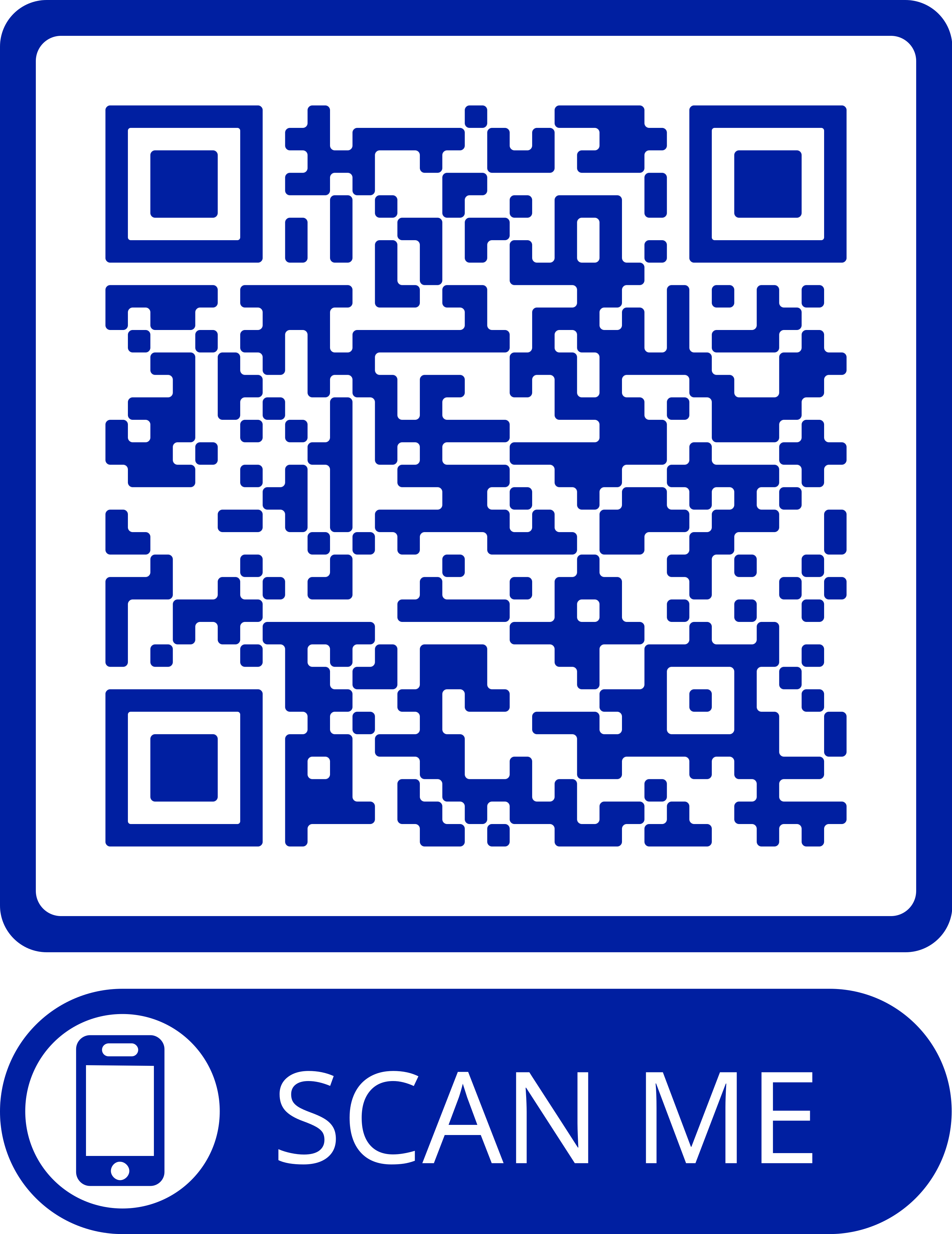- Reference Number: HEY1261/2021
- Departments: Day Surgery (DSU), Paediatrics
- Last Updated: 5 November 2021
Introduction
This leaflet has been produced to give you general information. Most of your questions should be answered by this leaflet. It is not intended to replace the discussion between you and the healthcare team, but may act as a starting point for discussion. If after reading it you have any concerns or require further explanation, please discuss this with a member of your child’s healthcare team.
What is a cystoscopy?
A cystoscopy is a procedure where a small camera is inserted in through your child’s urethra (the tube through which they pass urine) into the bladder. A cystoscopy is performed in order to get a clear picture of what is happening in the bladder and the tube leading from the bladder to the outside. Sometimes photographs are taken for the purpose of recording findings in the notes.
Occasionally treatment will be given at the same time, such as treatment for urinary reflux or other conditions. These treatments often involve a small injection of material such as Deflux TM or Botox.
Why do patients need this procedure?
Cystoscopies are a frequently used procedure by paediatric urologists to investigate and treat young boys and girls with bladder difficulties, urinary tube issues, urinary reflux or urinary tract infections.
Will your child need to be under general anaesthetic?
This is relatively straightforward and short procedure performed under general anaesthetic.
Will it hurt?
This procedure is not usually associated with any pain or discomfort. Occasionally there can be a little stinging afterwards when passing urine.
Are there other side-effects?
The penis or female genitalia may be a little swollen, which should resolve over a few days. Sometimes a little blood can be passed with urine but this settles down very quickly, this is more likely if injectable treatment is given. Rarely the urinary tube can be injured.
Occasionally urine can become infected. Antibiotics are given through the vein in theatre and in certain cases you will be sent home with a short course of antibiotics.
It is important that your child drinks plenty of water-based drinks and passes urine frequently and is not encouraged to hold their urine.
How long will your child be in hospital?
The vast majority of children can have this operation performed as a day case and go home the same day without any difficulties.
What happens next?
Your child’s consultant will talk to you about the results of the cystoscopy shortly after the procedure and discuss any further investigations, treatments or operations that may be needed.
Should you need any further help or advice please telephone the Acorn Ward, Women and Children’s Hospital, HRI Telephone (01482) 382609 / 382679 or contact the Paediatric Community Team (01482) 344077
General Advice and Consent
Most of your questions should have been answered by this leaflet, but remember that this is only a starting point for discussion with the healthcare team.
Consent to treatment
Before any doctor, nurse or therapist examines or treats your child, they must seek your consent or permission. In order to make a decision, you need to have information from health professionals about the treatment or investigation which is being offered to your child. You should always ask them more questions if you do not understand or if you want more information.
The information you receive should be about your child’s condition, the alternatives available for your child, and whether it carries risks as well as the benefits. What is important is that your consent is genuine or valid. That means:
- you must be able to give your consent
- you must be given enough information to enable you to make a decision
- you must be acting under your own free will and not under the strong influence of another person
Information about your child
We collect and use your child’s information to provide your child with care and treatment. As part of your child’s care, information about your child will be shared between members of a healthcare team, some of whom you may not meet. Your child’s information may also be used to help train staff, to check the quality of our care, to manage and plan the health service, and to help with research. Wherever possible we use anonymous data.
We may pass on relevant information to other health organisations that provide your child with care. All information is treated as strictly confidential and is not given to anyone who does not need it. If you have any concerns please ask your child’s doctor, or the person caring for your child.
Under the General Data Protection Regulation and the Data Protection Act 2018 we are responsible for maintaining the confidentiality of any information we hold about your child. For further information visit the following page: Confidential Information about You.
If you need information about your child’s (or a child you care for) health and wellbeing and their care and treatment in a different format, such as large print, braille or audio, due to disability, impairment or sensory loss, please advise a member of staff and this can be arranged.

